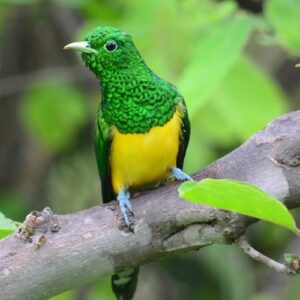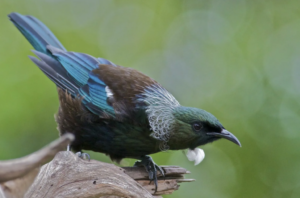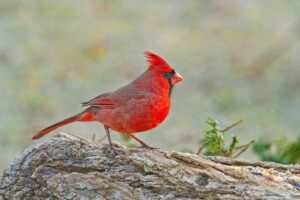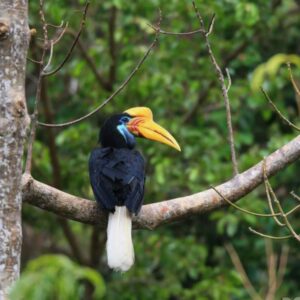In the realm of ornithology, the natural world never ceases to amaze us with its diversity and splendor. Among the many avian wonders, the Sultan Tit (Melanochlora sultanea) stands out as a truly enchanting species. With its exquisite plumage and intriguing behaviors, the Sultan Tit captures the hearts of bird enthusiasts and nature lovers alike. Join us as we delve into the captivating world of the Sultan Tit and uncover the secrets that make it a true jewel of avian beauty.
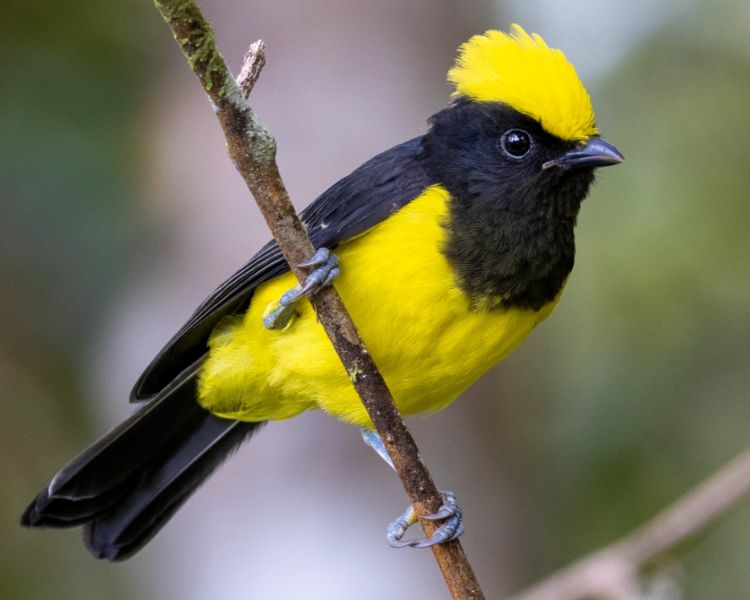
Regal Attire: The Sultan Tit, also known as the Black-headed Canary-Flycatcher, adorns itself with a regal ensemble of colors. Its name pays homage to its striking black crown, which contrasts dramatically against its vibrant yellow body. The Sultan Tit’s appearance is reminiscent of a living gem, radiating an aura of elegance that is impossible to ignore.
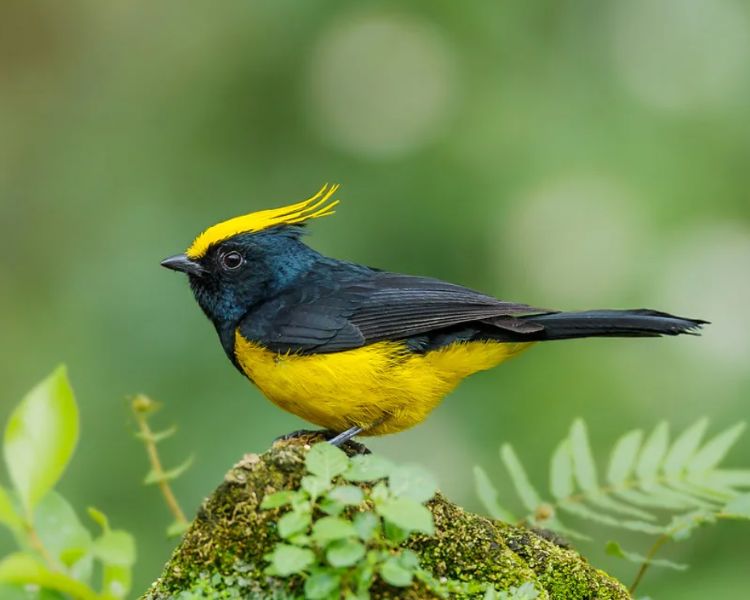
Habitat and Range: Endemic to the Indian subcontinent, the Sultan Tit can be found gracing the lush woodlands, forests, and gardens of countries such as India, Nepal, Bhutan, and Bangladesh. Its preference for such diverse habitats showcases its adaptability and resilience in different ecosystems.
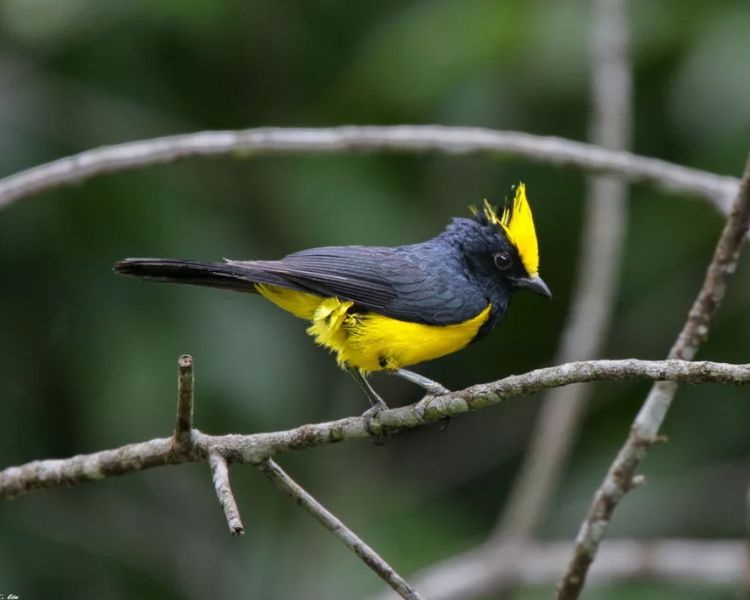
A Vocal Symphony: While its appearance is undeniably captivating, the Sultan Tit is also recognized for its melodious song. Its vocalizations range from sweet and melodious notes to cheerful chirps that echo through its habitat. These calls play a significant role in establishing territories and attracting mates, adding an enchanting auditory dimension to its allure.

Feeding Habits: The Sultan Tit’s diet mainly consists of insects, caterpillars, and other small invertebrates. With its acrobatic skills and agile flight, it adeptly hunts its prey among the foliage. This feeding behavior not only contributes to its survival but also showcases its adaptability to various niches within its ecosystem.

Breeding Rituals: During the breeding season, the Sultan Tit engages in captivating courtship displays that involve aerial acrobatics and exchanges of food items between mates. They construct cup-shaped nests in tree hollows or crevices, displaying their resourcefulness in utilizing natural shelters. The care and dedication shown by both parents in raising their offspring further emphasize the profound connection these birds have with their young.

Conclusion: The Sultan Tit stands as a testament to the extraordinary beauty and diversity that exist within the avian kingdom. With its captivating appearance, melodious serenades, and intricate behaviors, it enchants those fortunate enough to observe it in its natural habitat. Every glimpse of this exquisite creature serves as a reminder of the intricate tapestry of life on our planet. As we continue to explore and appreciate the Sultan Tit, we are reminded of the countless marvels that await our discovery in the world of birds and nature.
thenewsday

